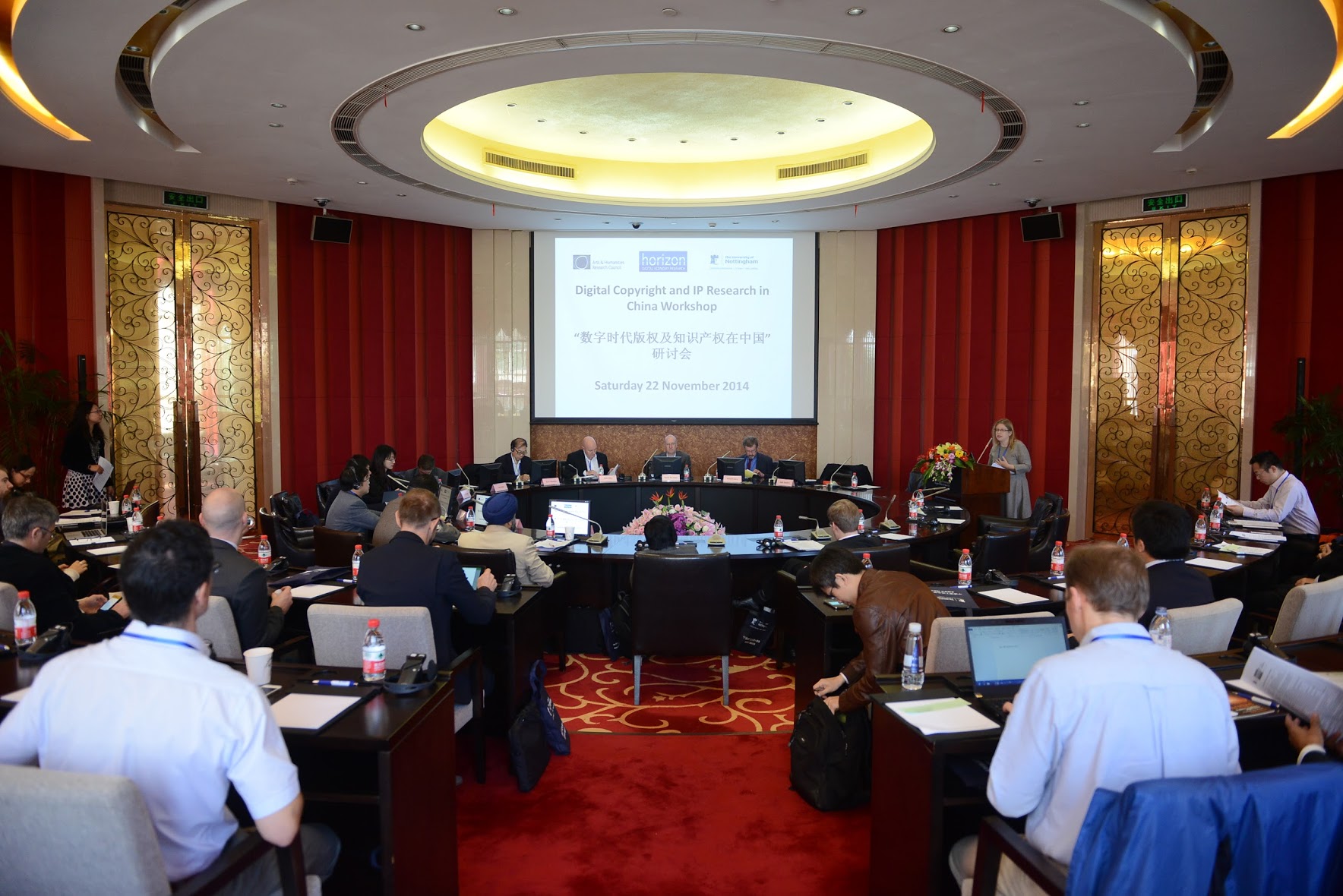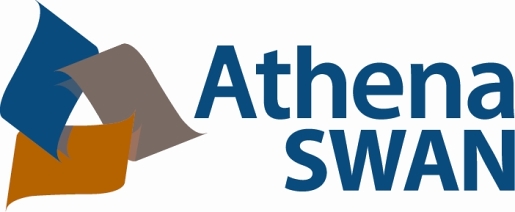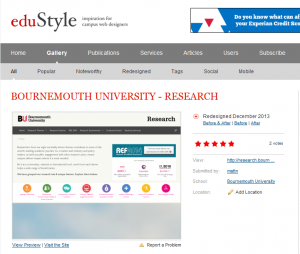 Following Channel 4’s chilling real-time thriller ‘Cyberbully’ concerns about the safety of children and adults on-line are growing and a form of harassment has developed that involves malicious communications sent on electronic devices. This type of electronic harassment is collectively known as ‘Cyberbullying’ and the impact of this activity has raised a serious debate about the legislation available to combat this type of abuse, with many labelling the current legislation inadequate.
Following Channel 4’s chilling real-time thriller ‘Cyberbully’ concerns about the safety of children and adults on-line are growing and a form of harassment has developed that involves malicious communications sent on electronic devices. This type of electronic harassment is collectively known as ‘Cyberbullying’ and the impact of this activity has raised a serious debate about the legislation available to combat this type of abuse, with many labelling the current legislation inadequate.
Cyberbullying is often thought to be associated with the bullying of teenagers by other teenagers, but adults in the workplace can also fall victim to this form of abuse. The term Cyberbullying is now sufficiently broad enough to cover the transmission, harassing or offensive messages that can include emails, tweets, social media messages and numerous other messaging applications that traverse the internet.
Broadly speaking, Cyberbullying is an increasing problem in the workplace, and one that is underestimated by the majority of employers. Some reports suggest that as many as 1 in 5 employees have experienced workplace bullying, including Cyberbullying and as a result workplace bullying is estimated to cost employers in the UK more than £2bn a year in sick pay and lost productivity.
By far the largest problems with Cyberbullying is the variety of devices, platforms, and social networks that can be used to a bully’s advantage, aside from that, there is no single legal definition of Cyberbullying within UK law at present. Consequently as an employer you could be liable for cyber bullying in a number of ways.
All employers have duty of care to provide a safe place of work in line with Health and Safety at Work Act 1974 and if you fail to protect your employees from Cyberbullying by other staff members you will breach that duty of care.
The courts have held that the term ‘in the course of employment’ should be construed broadly. Essentially, if the event that could constitute harassment or Cyberbullying takes place in business hours or in circumstances where the bully makes uses their employer’s IT equipment or communications infrastructure, the employer could be at risk of a legal claim.
Although bullying is not a specific criminal offence in UK law, there are criminal laws that can apply in terms of harassment or threatening behaviour carried out online.
Activities that could constitute Cyberbullying could be criminal offences under the following UK laws:
- Protection from Harassment Act 1997
- Communications Act 2003
- Malicious Communications Act 1988
- Public Order Act 1986
- Obscene Publications Act 1959
- Computer Misuse Act 1990
- Defamation Act 2013
- Equality Act 2010.
In addition to the above, the Education and Inspections Act 2006 outlines some legal powers which relate more directly to cyber bullying. Head teachers have the power “to such extent as is reasonable” to regulate the conduct of pupils when they are off-site or not under the control or charge of a member of school staff. This is of especially significant to Cyberbullying in an educational context, which can often take place outside of the school environment but can impact very strongly on classroom environment of those involved.
There are a number of steps you can take as an employer or a parent to prevent Cyberbullying.
For Parents: Be aware of what your children are doing online. Explain to them that you may review their online communications if you think there is cause for concern. Encourage your children to inform you if there is a problem in their online activities.
For Employers: Create a clear set of policies that outline acceptable communications for your organisation. Ensure that you have an appropriate reporting system in place. Develop an anti-bullying code of conduct for all staff. Talk and educate staff on the issue of Cyber Bullying.





























 TANGERINE project has lift off with BPC Indian Community!
TANGERINE project has lift off with BPC Indian Community! Postgraduate Research Experience Survey (PRES) 2024 – Closing today
Postgraduate Research Experience Survey (PRES) 2024 – Closing today THE INNOVATION COMMON ROOM: Going Old School
THE INNOVATION COMMON ROOM: Going Old School Apply for up to £1,000 to deliver an event and take part in a national festival of public engagement with research
Apply for up to £1,000 to deliver an event and take part in a national festival of public engagement with research MSCA Postdoctoral Fellowships 2024
MSCA Postdoctoral Fellowships 2024 Horizon Europe News – December 2023
Horizon Europe News – December 2023